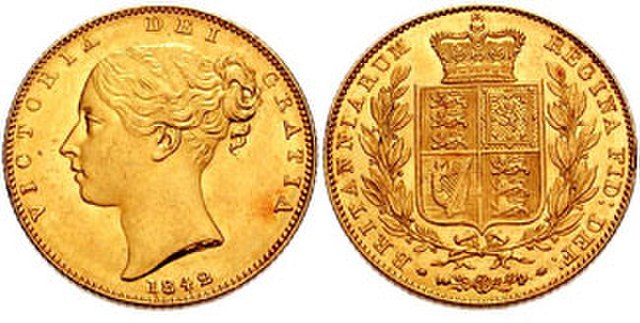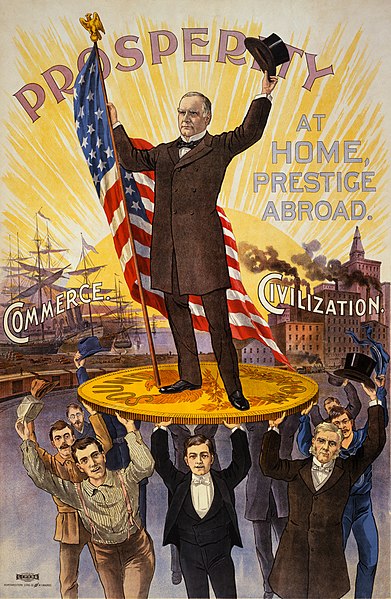A gold reserve is the gold held by a national central bank, intended mainly as a guarantee to redeem promises to pay depositors, note holders, or trading peers, during the eras of the gold standard, and also as a store of value, or to support the value of the national currency.
Central 2005 and 2014
A gold standard is a monetary system in which the standard economic unit of account is based on a fixed quantity of gold. The gold standard was the basis for the international monetary system from the 1870s to the early 1920s, and from the late 1920s to 1932 as well as from 1944 until 1971 when the United States unilaterally terminated convertibility of the US dollar to gold, effectively ending the Bretton Woods system. Many states nonetheless hold substantial gold reserves.
Gold certificates were used as paper currency in the United States from 1882 to 1933. These certificates were freely convertible into gold coins.
The British gold sovereign or £1 coin was the preeminent circulating gold coin during the classical gold standard period.
Huge quantities of $20 double eagles were minted as a result of the California gold rush.
William McKinley ran for president on the basis of the gold standard.





